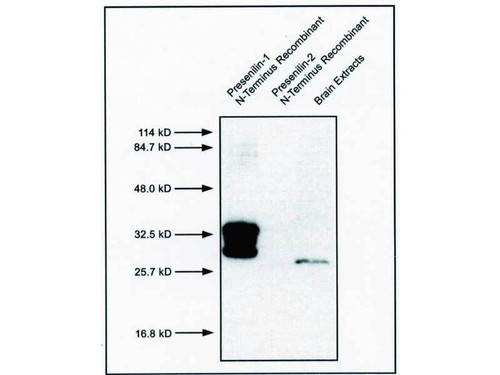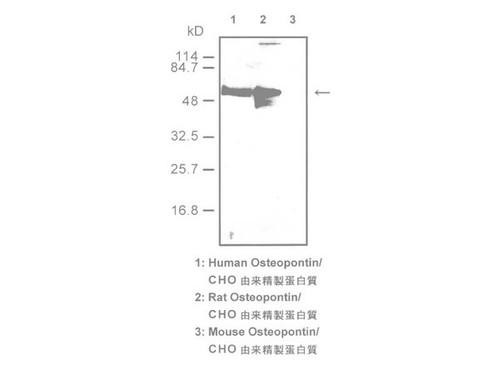The presenilin 1 (PS1) gene was identified as the gene that harbors mutations that cause this type of FAD (termed AD3). PS1 is a novel 467-aa long integral membrane protein localized to intracellular membranous compartments, especially the endoplasmic reticulum, that spans the membrane 7-9 times. More than 30 missense mutations or amino acid deletions have been identified in a number of AD3 pedigrees. Shortly after the discovery of PS1, the gene responsible for FAD was found on chromosome 1. This gene is known as PS2 and it is highly homologous to PS1 (67% identical). Sequence analysis predicts integral membrane proteins, which contain seven putative transmembrane domains, a short hydrophilic amino- and carboxyl-terminal tail, and a large hydrophilic loop between the sixth and seventh membrane-spanning domain. All of reported mutation that results in early-onset Alzheimer’s disease are missense mutations, 24 in PS1 and two in PS2, or mutations that affect the splicing without affecting the coding of the protein and this has led the hypothesis that they may result in a gain of (miss) function. For research use only, not for use in diagnostic procedures.
- application:
- IHC, WB
- Catalog number:
- 10151
- clone:
- 17C2
- concentration:
- Please see datasheet
- Datasheet:
- formulation:
- Lyophilized product from 1% BSA in PBS containing 0.05% NaN3
- immunogen:
- N-terminal fragment of recombinant Human Presenilin-1 (E. coli)
- isotype:
- IgG1
- MSDS:
- notes:
- For research use only, not for use in diagnostic procedures.
The datasheet for this product (see above) is intended to serve as an example only. Please refer to the datasheet provided with the antibody for precise details. - Other names:
- Please see datasheet
- Protocol:
- size:
- 200 µg
- storage:
- Lyophilized product, 5 years at 2 - 8 °C; Solution, 2 years at -20 °C
- Species:
- Human
- Host:
- Mouse
- Additional info:








